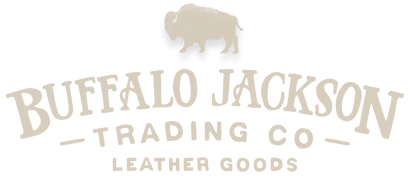Your Cart is Empty
You are $99.00 away from free shipping!
Your Cart is Empty
You are $99.00 away from free shipping!

In his fascinating, quirky memoir Greenlights, Matthew McConaughey reveals a
disorienting season. As his Hollywood career ignited, massive checks landed in his bank account and glossy magazines splashed his face across their covers. This son of a working-class family from Uvalde, Texas, feared he was losing himself, becoming estranged from his roots. On one hand, he didn’t know how to stay grounded in his values, how to manage the bulging bank account, the celebrity, the decadence and temptation accompanying runaway success. But on the other hand, he struggled with imposter syndrome, feeling he didn’t have the right to enjoy any of the abundance, that he couldn’t be trusted with good things.
Reading Thomas Merton, he heard of Christ in the Desert Monastery in Abiqui, New Mexico, and McConaughey knew he needed to visit. A friend dropped him off at a dirt road, just off the highway, and he walked the 13.5 miles to the monastery’s front door. A brother welcomed him and led him to a small cell with a sleeping mat. The next morning, he and Brother Christian went on a walk through the desert, and McConaughey poured out his troubles. “I unloaded my feelings of guilt,” McConaughey said, “the low and lecherous places my mind had been traveling, the perverseness of my thoughts.” McConaughey shared his desire to be a good man, to be truthful and live with integrity, to stay moored in who he was and not be deceived by all the glitter and seduction. “I’m lost,” he told Brother Christian, “I don’t feel myself.”
For 3.5 hours, as they navigated rock and cactus, plodding over parched earth under the desert sun, McConaughey emptied his anxiety, unrelenting. “I took myself to the woodshed,” he recounted. And Brother Christian just listened. For 3.5 hours. Brother Christian never said a word.
Winding their way back to the grounds, they sat on a bench outside the chapel. Now in tears, McConaughey describes concluding his confession, and waiting in silence with the expectation that Brother Christian would finally answer and level much deserved rebuke or judgment. Finally, Brother Christian quietly offered the first words he’d spoken in nearly four hours: “Me, too.”
All of our stories are different, but sooner or later, each of us will find ourselves in our own desert experience. We may be overwhelmed by unexpected triumph or crushed by the threat of ruin. We may be alone or threadbare or undone by questions with no obvious answer. In such moments, more even than a remedy or resolution, I hope you have a friend who walks alongside you through the barren terrain, who receives your story and offers you theirs. I hope you will have a friend who knows how to simply offer their presence in the desert. And I hope that you and I will also learn to be this kind of friend to another.
Orders shipped to Canada may be subject to import duties, tariffs, and taxes charged by Canadian customs. These fees are not included in our prices or shipping costs. You will be responsible for any additional charges upon delivery. Please review local customs regulations before placing your order.

